In the past month we’ve had the privilege of being featured in both a KUT Public Radio story as well as on the PBS NewsHour national broadcast, both highlighting our five year old program with the Gardner Betts Juvenile Justice System. The PBS piece, which can be viewed in the video below, followed one of our own instructors, Jeremy Osborne, along with three students involved in the program, Demetrius, Peter and Israel. The goal of the program is to transform students’ lives by giving them the opportunity to focus and excel in learning to play Classical Guitar.
Not only do we believe this program helps develop skills that students can turn into a career if they choose, but that will help them in the long run to learn to cope with their behavioral issues and focus that energy into something positive- making beautiful music.
Nina Kraus, director of Northwestern University’s Auditory Neuroscience Laboratory stated in an interview with TIME, which was published in an article called This Is How Music Can Change Your Brain, that “… it is only through the active generation and manipulation of sound that music can rewire the brain.”
“We don’t see these kinds of biological changes in people who are just listening to music, who are not playing an instrument,” said Kraus. “I like to give the analogy that you’re not going to become physically fit just by watching sports.” It’s important to engage with the sound in order to reap the benefits and see changes in the central nervous system.”
Scientific studies have shown how much classical music can impact activity in the brain and lead to a calmer temperament, but further studies have shown that actually engaging in the musical process and learning to play an instrument can refine an individual’s attention to detail and ability to focus in other areas as well. Developing these auditory physiological functions leads to a higher potential for literacy which directly affects academic abilities and the potential to be more successful in the long run.
We partner with Gardner Betts to provide students there with an arts-enriched educational environment in which they can recognize their abilities and potential. In partnership with AISD we are able to allow students to earn Fine Arts credit toward graduation. As we engage students in the arts through classical guitar, we contribute to the development of self-esteem and to the improvement of attitudes toward school in general. The progress made has been recently highlighted in a letter we received from Kim Anderson, AISD Alternative Education Guidance Counselor:
“I have seen the positive effect the Austin Classical Guitar program has had on the incarcerated youth here at Gardner Betts Juvenile Justice Center. The performances in the courthouse for the CASA ceremonies, the more casual sessions at family visit potluck dinners, the formal appearances at the graduation ceremonies, and other impromptu performances have all been very well received by those in attendance. But more importantly, the way the kids carry themselves after a performance and the eagerness they approach practice sessions [with] have made it quite obvious to me that this is one of the more valuable programs the kids are a part of.”
She also mentions the importance of the Austin Classical Guitar program in promoting the confidence of the kids through challenging them with learning a difficult skill and providing them with the means to do so; instruments, lessons, student-instructor relationships that motivate them to get better.
Although the focus of our partnership with Gardner Betts has been to influence the lives of the students, it has indirectly had a positive impact on others as well. Jim Gobin, Director of Residential Services recently wrote:
“The performances of the young men and women at the CASA courthouse ceremonies and in our in-house graduation ceremonies have been an inspiration to our staff and residents…Artistic expression isn’t commonly found inside correction facilities and we are proud that it is offered in ours and feel it makes a difference when combined with our developmental programming.”
We are so proud of our team, and of these kids who have worked so hard to try something new and had the courage to perform in public. It elates all of us here at ACG to see this positivity brought about by the implementation of our programs, and we look forward to developing it even further in the future.
We are profoundly grateful to our many supporters who make this project, and all of our work, possible.
